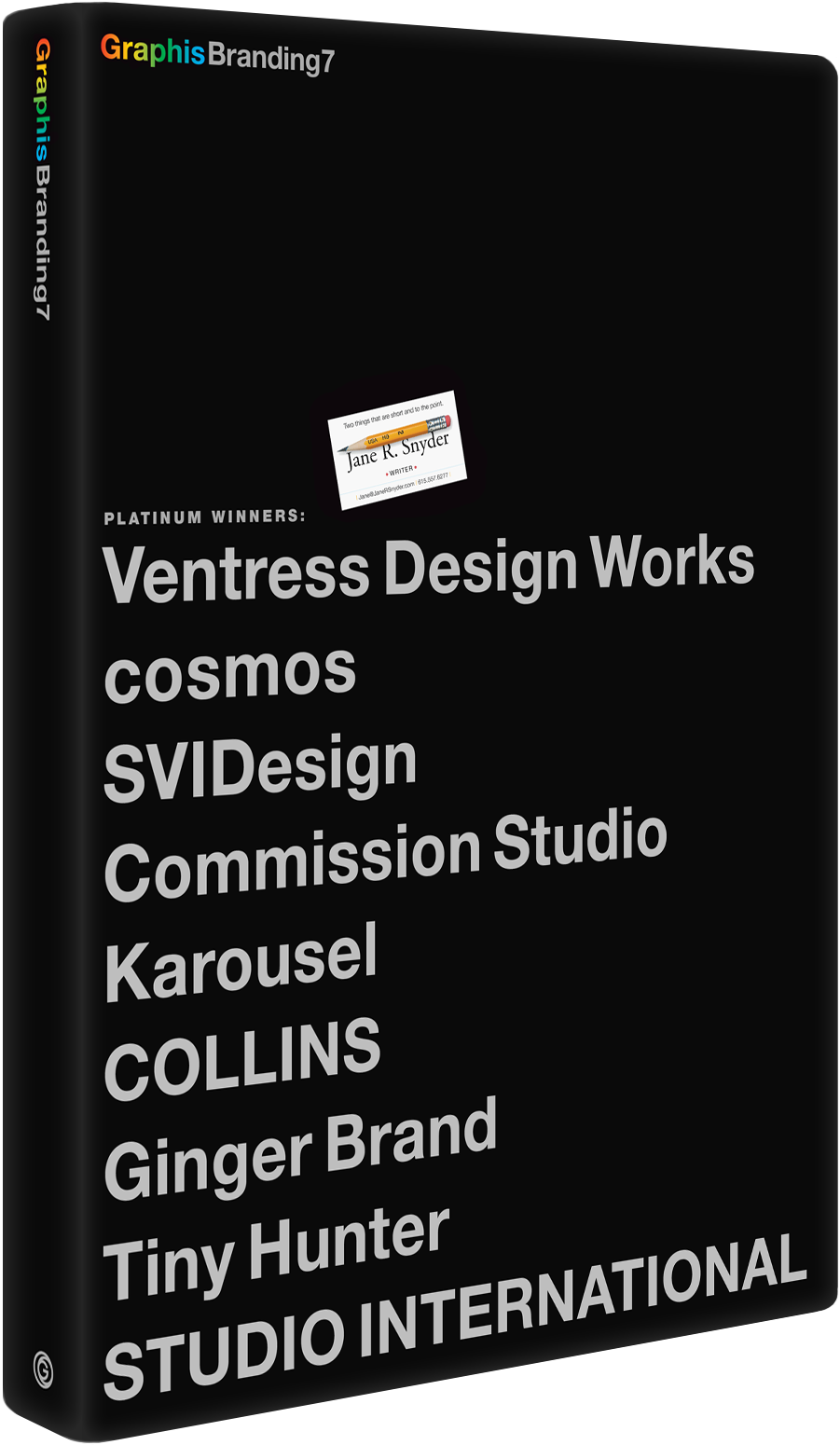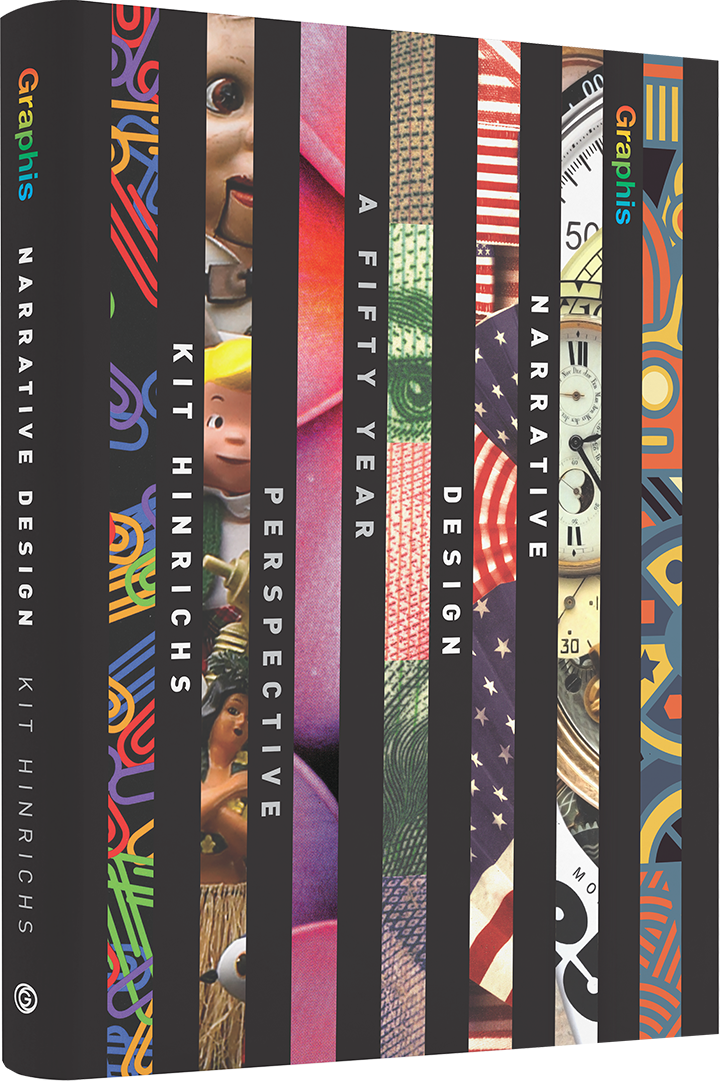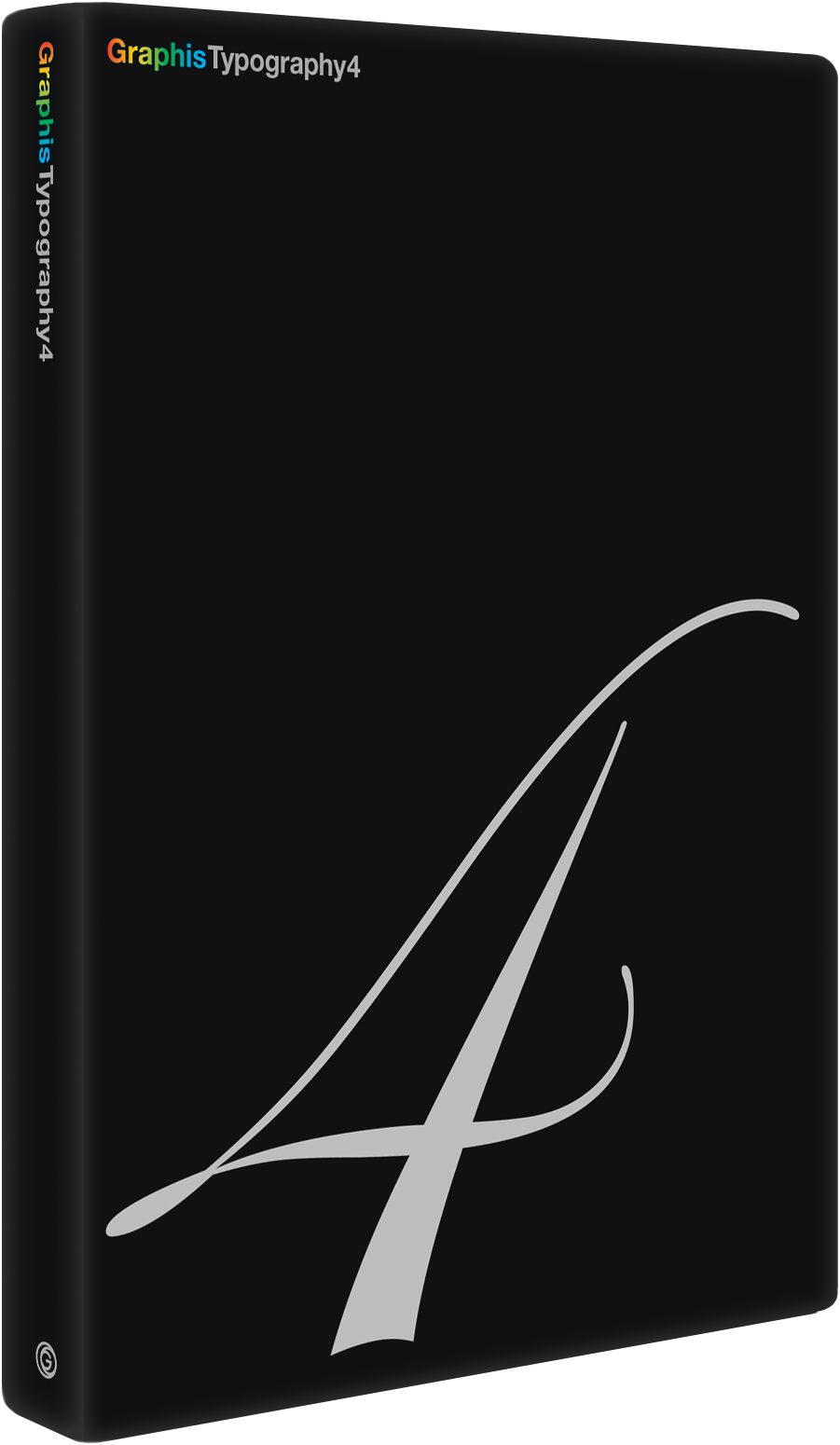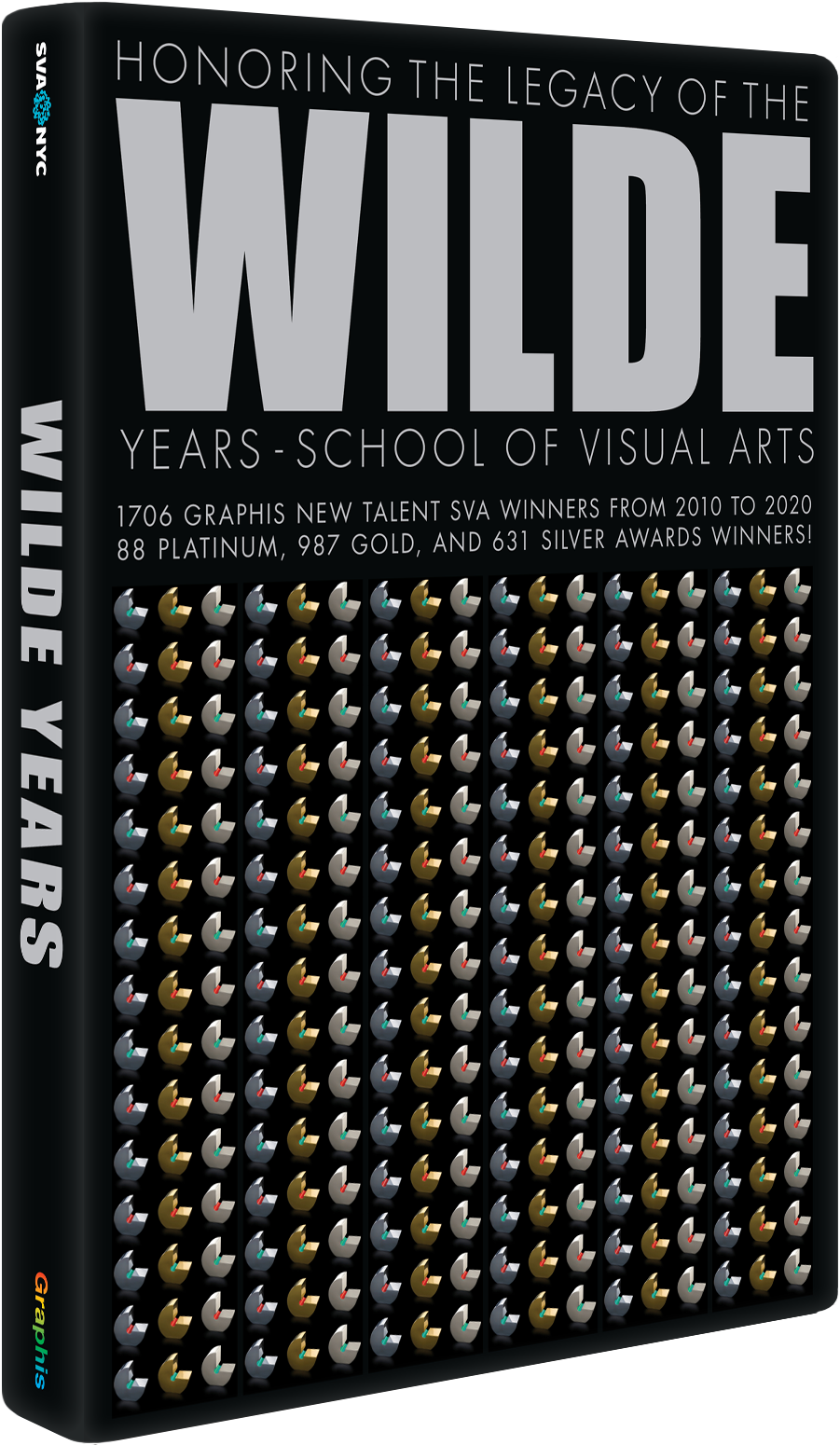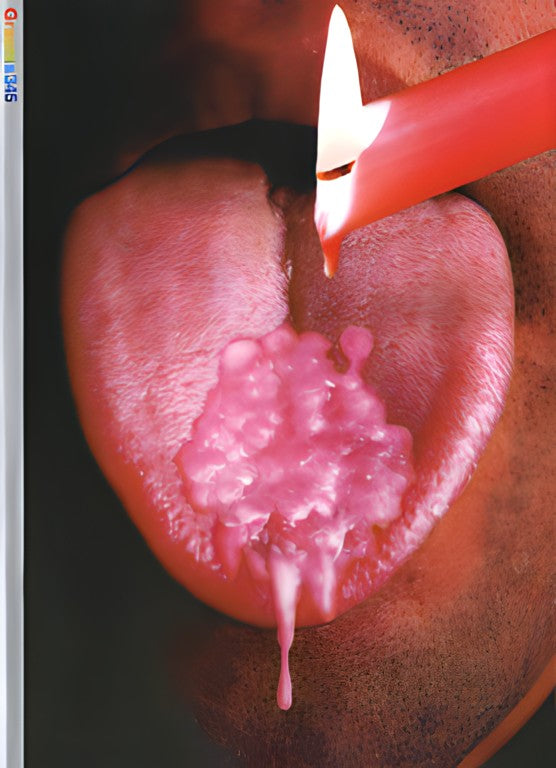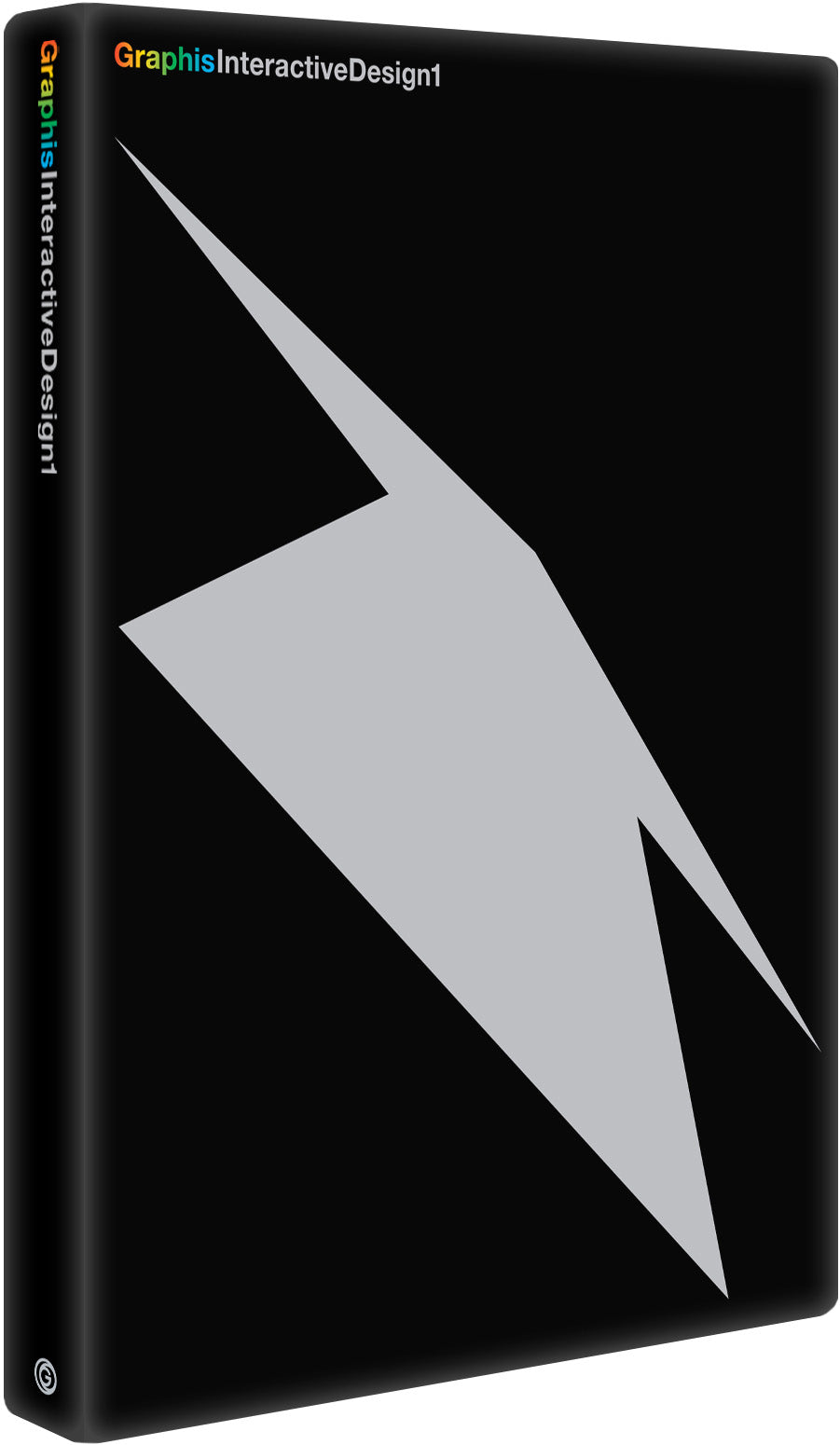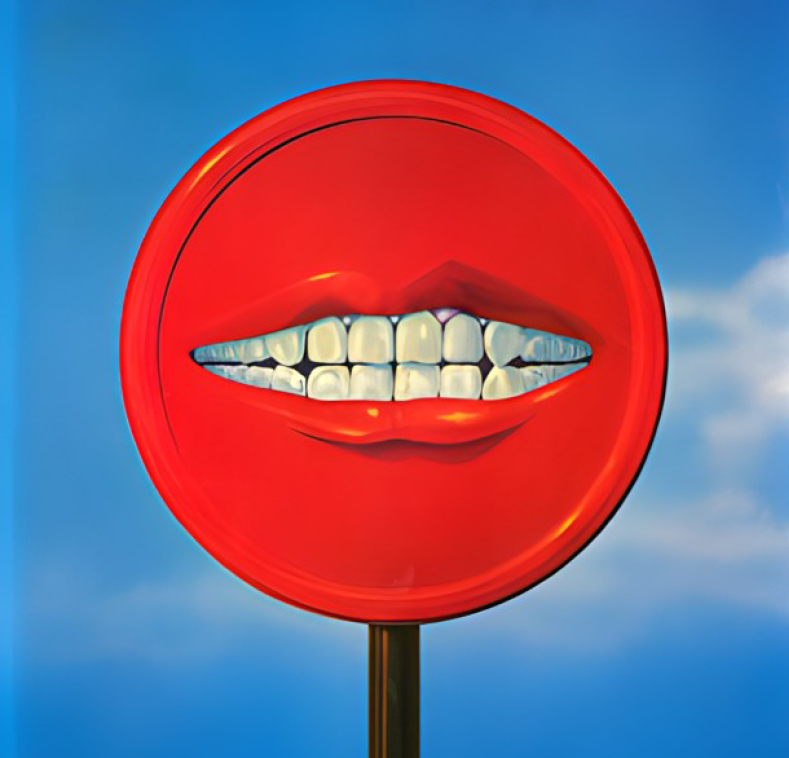Peter Samuels on Inspiration and Imagination
In the latest edition of Graphis Journal, we feature an insightful Q&A with Peter Samuels, a renowned San Francisco-based photographer. Peter shares his journey from early inspiration to a distinguished career in advertising photography, revealing the passion and philosophy behind his craft. Join us as we explore what fuels this visionary artist.
Introduction by Kevin Raich, Chief Marketing Officer, VaultLink
Peter Samuels, a San Francisco-based photographer, brings magic and wonder to his work, transcending the realm of mere images. He creates gorgeous moments that seem to stop time and captivate the imagination with a sophisticated yet childlike charm. With a distinguished career as an award-winning advertising photographer, Peter’s lens has graced countless campaigns, bringing brands to life with authenticity and mastery. Beyond his accolades, Peter is revered for his kind spirit and visionary approach to his craft. His photographs come to life with his genuine warmth and view of the world, with heart behind every image.

What has inspired or motivated you in your career?
Early inspiration came through commercial and fine art photography books and magazines; I poured through anything I could find, from Irving Penn’s impactful still life, Avedon’s studio fashion work, and America West portraits to advertising imagery in magazines and awards books.
Some of my early motivation comes from a long-term illness I had through adolescence that kept me away from more physical activities. I could dive into photography independently, and I did with hutzpah. I knew my adult life would be better, fueled by the appreciation of being on the other side of illness; I couldn’t wait to take full advantage of life and wasn’t about to miss a beat in achieving my goal of being a successful professional photographer with a style that was my own.
What is your work philosophy?
Aside from always creating the best work possible, I’ve taken to heart what Walter Urie, a teacher at Orange Coast College in Southern California, taught me: “Always capture the essence of what or whom you’re photographing, and pay your vendors.” That simple philosophy has served me well.
Who is or was your greatest mentor?
I was fortunate to have several, but I want to mention two: Chuck Rausin and Stan Klimek. Chuck is a self-taught photographer who left his career as a metallurgist to become a photographer. I met him while starting college. I was learning through school, and he was learning by street. I assisted him and helped bridge the gap by providing technical knowledge, and he took me under his wing. My illness was sometimes an impairment, and he looked out for me. Chuck taught me his no-nonsense approach to work and life; he believed in me when I wasn’t sure and gave me the confidence I needed to grow as a person and photographer.
Stan Klimek is an art and fashion photographer I met while he was teaching at Orange Coast College. Stan’s the consummate photographer, a purest who creates beautiful, conceptually-based work with intent and technical artistry. Stan went on to become a sought-after Platinum/Palladium printer for artist greats such as Sally Mann, Robert Capa, Imogen Cunningham, and Greg Gorman, among others.
What is it about photography that you are most passionate about?
Creating great work that I’m proud of is the fuel that keeps me wanting to do more.
What camera do you use and why?
I’m currently shooting with the Sony A1, an excellent camera with spectacular AF. However, I won’t hesitate to shoot with other cameras, especially medium formats such as the Fuji GFX 100 series or Phase One. And I can’t wait to try the new Hasselblad X2D with its incredible image quality and focal plane shutter, allowing flash sync at all speeds. I’ll own a medium format once the AF performance is at least a bit closer to what I need, so renting as needed is fine for now.
You’re primarily known for your portraits of animals. What draws you to this type of photography?
With my personal work with the animals, it’s a sense of playfulness that I see or project onto them inspired from the point of view of my childhood mind. That’s the basis of my “Storybook Animals” series; creating those images brings me so much joy. The animals have unique, whimsical mash-up backstories comprising who they are and where they’re from, mixed with what I see in them. Each results from deciding which animal to pursue and finding an owner with the right creature who’s generous enough to host my production. Regardless of paying for their time, ranch people are busy and have difficulty understanding the cooperation I’ll need from them. So, part of the process is getting them to be fans of my work and to believe in my mission of building this series. Indeed, that approach is sometimes frustrating, but I enjoy every step of the process. Of course, the best part is when the shoot comes together, and I’m finally on set, shooting and seeing the images come in.
What are the similarities and differences between shooting people and animals?
People are easier! Unless it’s a toddler, then it’s a toss-up, but toddlers generally take the prize for being more difficult than animals.
Who have some of your most significant past influences been?
In the realm of “created vs. found” imagery, I’ve leaned toward “created” from the start. I studied photographers like Philippe Halsman, with his produced portraits of Salvador Dalí jumping around with cats, as well as his portraits of Robert Oppenheimer and Albert Einstein, while Karl Blossfeldt’s timeless botanical series using the north-facing daylight from a single window created images that spoke to me. In addition, there are Annie Leibovitz’s portrait work—the beautiful surreal product—and the still life work of Paul Outerbridge from the 1920s. Also, the graphic and surrealist-inspired photographs of women for Vogue by Horst P. Horst are in there, too. Then there’s Man Ray and László Moholy-Nagy, who experimented with light and form. Work from all of these artists represents deep-seated inspiration in my psyche.
Who among your contemporaries today do you most admire?
I appreciate and admire the work of Craig Cutler, James Day, RJ Muna, and the Voorhes, as well as the animal work of Tim Flach and Randal Ford. They all are “top of their game” photographers whose work I’ll always respect.
What would be your dream assignment?
I would love to photograph camels or horses in Dubai for Ariat, Emirates Airlines. I would also love to go to Tibet and photograph a yak for a yak milk product.
A recent job involved photographing a hedgehog for a venture capital firm in Silicon Valley. That was cool because it was based on an old tale about foxes and hedgehogs. In essence, foxes are always scheming for their next meal while hedgies sit and wait. Someone used that as a business profiling tool, and my VC client identified with the hedgehog. I love to do work like that.
Who have been some of your favorite colleagues or clients?
Kevin Raich, a talented creative director/writer/director, is a valued close friend. Kevin always has fresh ideas and a clear, concise vision.
Jason Goldheim at Clorox is a client I always enjoy working with for their kitty litter products. Working with Jason is a pleasure and a collaborative experience.
Having won multiple awards for your work, which one is the most meaningful to you?
Having my work on the cover of the 2024 Graphis Photography Annual is at the top since it’s a book I’ve admired and coveted since early college when I could be seen sitting on the floor at a Rizzoli Bookstore devouring every page. Getting into the Communication Arts Photo Annual for the first time blew me away, and my work has been accepted for several years ever since. Awards like this are satisfying to my core and a sign that I’m on the right path; I’m eternally grateful for that.
Before moving to San Francisco in 1999, Peter Samuels was classically trained as a product and still life photographer at Orange Coast College in Costa Mesa, California. His clients included notable names such as AT&T, Toyota, Nissan, and Visa. Then, in 2009, a change occurred when he got his first dog, a doxie/min pin mix named Leica, who soon became his muse, and a new passion emerged as he began to focus on photographing animals. Oddly enough, his technical experience in lighting products became the foundation of his approach to photographing animals, bringing about a production level that’s become a cornerstone of his visual style. He says, “It’s certainly more difficult to photograph a moving subject rather than a product, but the essential formula is the same and is the basis of how I use light in my work.” And it seems to be working, as work and accolades are coming in like never before! “It’s been very exciting!” he says. While his time with Leica was sadly cut short, she lovingly inspired a new direction in his career (good dog!). His clients now include animal brands and related work for Clorox’s kitty litter, Nature’s Recipe, Virgin America, Hush Puppies, the SPCA, Amazon, Zynga, and others. In addition to his commercial imagery, artwork sales have also become a growing part of his work.

Social: Instagram, Facebook, LinkedIn
To read more, preorder Journal #381 here and read the digital edition now.
You may also like
Dan Saelinger’s Trippy Rebellion in Color and Light
There’s something quietly radical happening in Dan Saelinger’s 2025 Gold Award-winning series A Mushroom Study. It started…
Read MoreWhere to Next? Student Team of Ross, Why? Reimagines Birkenstock
This is student work—and it’s award-winning. In “Where to Next?”, a team working under the name Ross,…
Read More
Related Annuals & Publications
View AllBecome a Graphis Member
- 1-Year Membership Subscription
- Enjoy 50% off on Call for Entries
- 1-Year FREE Subscription to Graphis Journal
- Your Portfolio online with profile + links
- Get 20% off on Graphis Books
